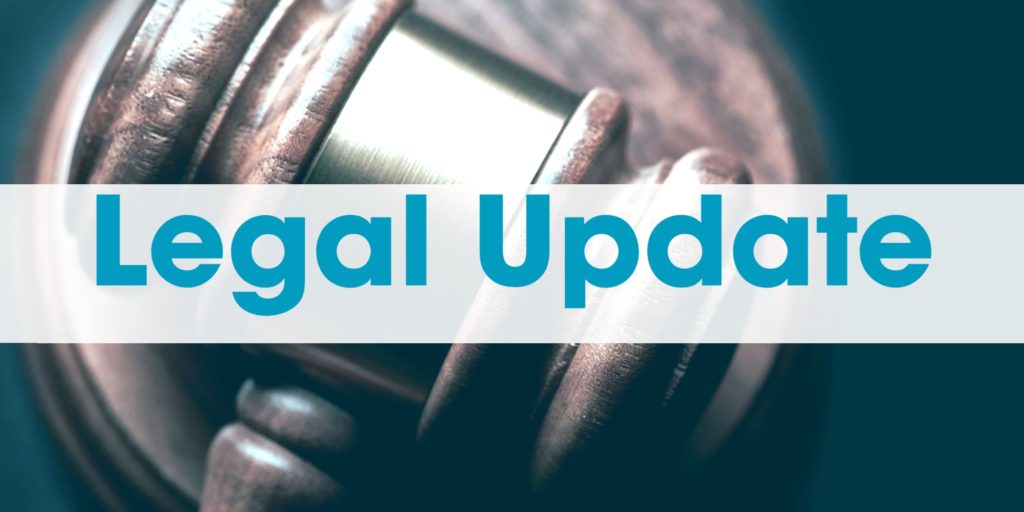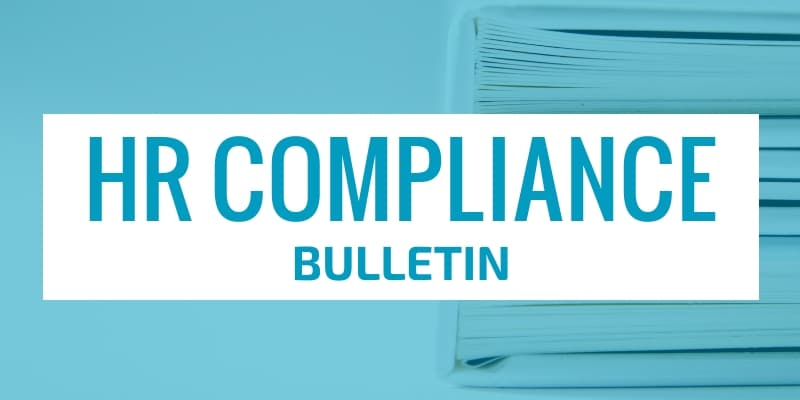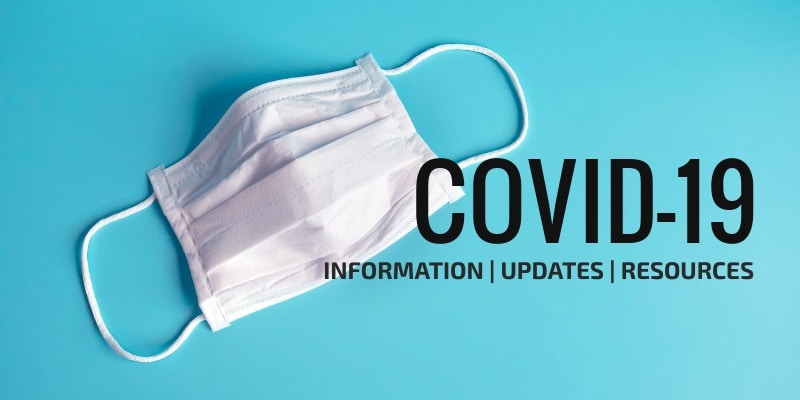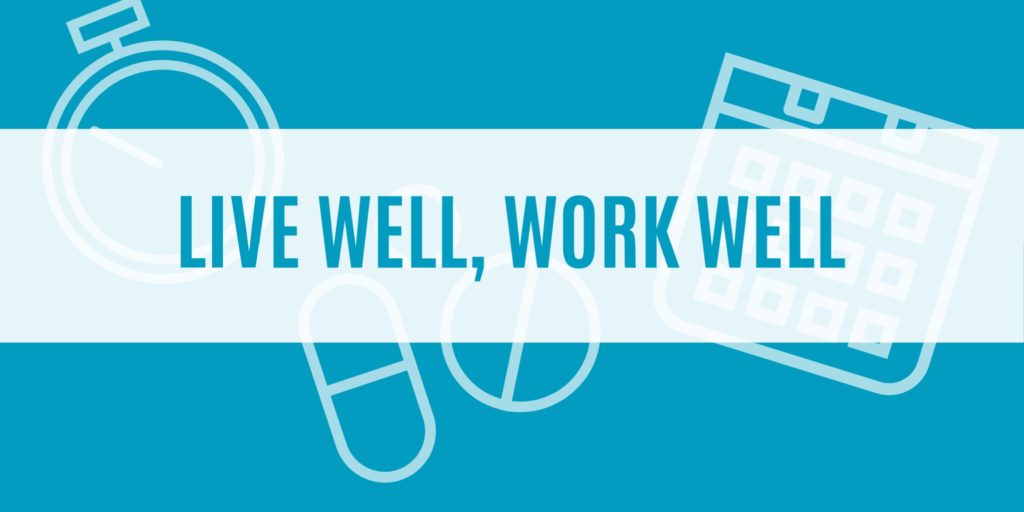 Because of the ongoing COVID-19 pandemic, the U.S. Department of Homeland Security (DHS) is allowing employers that are operating remotely to conduct a remote verification of approved Form I-9 documents.
Because of the ongoing COVID-19 pandemic, the U.S. Department of Homeland Security (DHS) is allowing employers that are operating remotely to conduct a remote verification of approved Form I-9 documents.
On Sept. 15, 2020, DHS extended yet again this exemption for an additional 60 days. The new expiration date for the exemption is now Nov. 19, 2020.
Physical Inspection
Employers must complete and sign Section 2 of Form I-9 within three business days of the employee’s first day of employment. Employers are required to physically examine the documents the employee presents from the list of acceptable documents to prove his or her employment eligibility.




 To reduce the spread of COVID-19, the Centers for Disease Control and Prevention (CDC) has provided the following information on face coverings.
To reduce the spread of COVID-19, the Centers for Disease Control and Prevention (CDC) has provided the following information on face coverings. While children may not understand the full scope of the COVID-19 pandemic, they do know that the world is different. In many cases, they left school in March or April to continue learning virtually—and many finished their school years from home.
While children may not understand the full scope of the COVID-19 pandemic, they do know that the world is different. In many cases, they left school in March or April to continue learning virtually—and many finished their school years from home. Because of the ongoing COVID-19 pandemic, the U.S. Department of Homeland Security (DHS) is allowing employers that are operating remotely to conduct a remote verification of approved Form I-9 documents.
Because of the ongoing COVID-19 pandemic, the U.S. Department of Homeland Security (DHS) is allowing employers that are operating remotely to conduct a remote verification of approved Form I-9 documents.